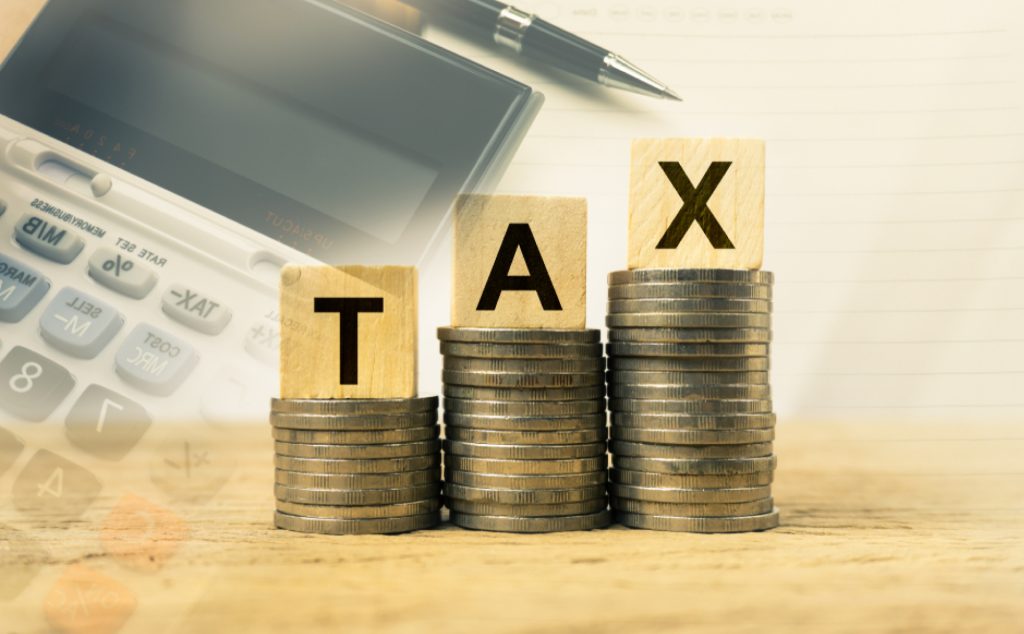New tax law clarifies who needs TIN for bank accounts

Tax
Abdullateef Fowewe
The Nigeria Tax Administration Act (NTAA) has reaffirmed that only “taxable persons” — those earning income from trade, business, or economic activities — are required to have a Tax Identification Number (TIN) for certain transactions, including opening bank accounts.
The Act, highlighted by Fiscal Reforms Nigeria, clarifies existing rules from the 2019 Finance Act to promote a fairer, more transparent tax system while safeguarding citizens’ rights.
The statement obtained from the committee reads, “The Nigeria Tax Administration Act (NTAA) mandates the use of Tax Identification Numbers (Tax ID) for certain transactions. Understandably, many Nigerians have questions about what this means for banking, businesses, and everyday life.
“This FAQ provides answers, clarifies misconceptions, and highlights the safeguards in place to protect citizens while ensuring a fairer, more transparent tax system.
“Frequently Asked Questions
“Q1. Is it true that everyone must obtain a Tax ID before opening or continuing to operate a bank account?
A1. Yes, but with some clarifications. Section 4 of the NTAA requires all taxable persons to register with the tax authority and obtain a Tax ID. A “taxable person” is someone who carries on trade, business, or other economic activity to earn income. Banks and other financial institutions are required to request a Tax ID from taxable persons. Individuals who do not earn income and are not taxable persons are not required to obtain a Tax ID.
“Q2. Is this requirement new?
A2. No. This is not a new policy. It has been in place since the Finance Act, 2019, which amended section 49 of the Personal Income Tax Act. Since January 2020, individuals opening a business account have been required to provide a Tax Identification Number (TIN). The NTAA only strengthens and harmonises this requirement.”




